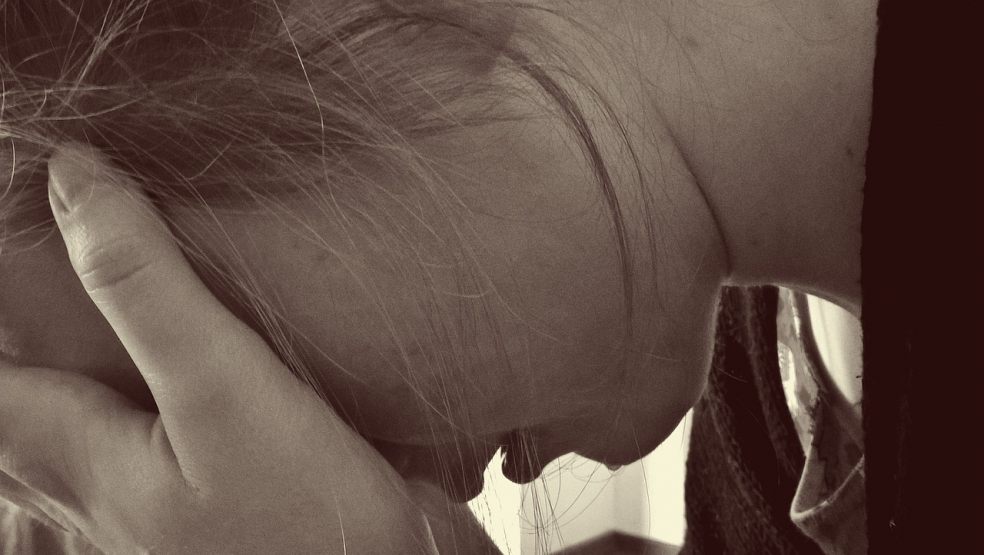
How to Cope with the Death of a Family Member
A bereavement is a difficult thing to deal with. If you were especially close to the deceased, then it might be especailly traumatic. While everyone contends with greif in their own way, there are a few things that just about everyone can benefit from, while they’re coming to terms with their loss.
Taking Time Out
For many, it’s impossible to come to terms with what’s happened if you’re having to maintain your existing work and social schedule. As such, it might be worth taking time out to spend time with your loved ones. Many employers will extend you the courtesy of time off (in some cases you’re legally entitled to it), but if you’re self-employed, you might find that you need to continue working. Make sure that you make the most of your downtime when you get it, and that you are leaning into the support of your family wherever possible.
You might argue that throwing yourself into your work is an effective way of distracting yourself – but too often, it can pose an obstacle to your grieving. There might be additional demands on your attention, as the technical aspects of the funeral are agreed upon, and any estate is divided up among beneficiaries. If you need to make one or more medical negligence claims, then the legal situation might be still more stressful.
Understand the stages of grief
Grief is something that human beings have had to go through for time immemorial. As such, there’s a lot that we know about what’s involved. The most popular model has bereaved people going through five distinct stages of grief. These are denial, anger, bargaining, depression and acceptance. Developed in 1969 by Swiss-American psychiatrist Elisabeth Kübler-Ross, the five stages can be a useful tool in judging your own progress. They might also help you to remind yourself that what you’re feeling is temporary, and that you’ll eventually move through the stages into the rest of your life.
Remember the Loss
Coping with your loss means coming to terms with their new status as someone who’s now absent from your life. That doesn’t mean burying your memories of the person, but reframing your view of them. The way that this is done tends to be through focussing on the good times, and the positive contribution that the person made to your life. You might have particularly strong memories of particular times. Reflecting on these memories, both in private and in public, can often help to recognise what your lost loved one really meant to you.
This is where formal funeral arrangements, whether religious or secular, can be enormously useful. Arrange them according to the wishes of the deceased, and be sure to get the best from them.













